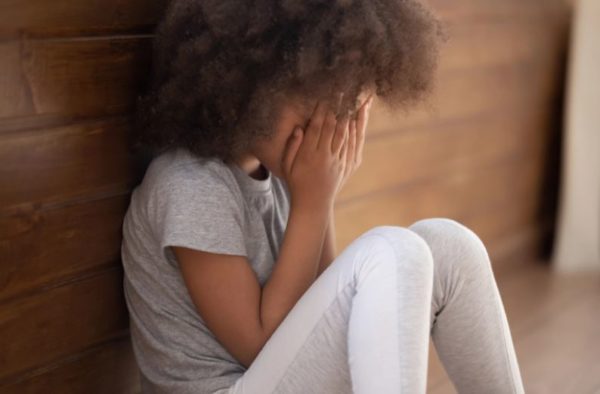Lifestyle
10 childhood traumatic experiences that affect adults

When we talk about trauma, we use it as a blanket for any unpleasant experience we had when growing up, but it also applies to a negative reaction to a difficult experience.
Repeated traumatic experiences can cause a child to live perpetually in fear and feel like their life is always going to be uncontrollable.
Here are 10 experiences that are traumatic for children that affect them in adulthood:
- A person is likely to be traumatised if they experienced their mother being abused by their father.
- Having a parent who has mental challenges like depression and schizophrenia.
- Being sexually abused by a parent, relative or any older person can affect a child and have a ripple effect in their adult relationships.
- Being physically abused, for example, being slapped, beaten, starved for food by parents or caregivers.
- Neglect is another major issue that affects children. This is mental and emotional abuse. Being abandoned by parents can be detrimental to one’s mental health and sometimes it is not even about a mother or father who left them but one who doesn’t make time for them.
- Drugs and alcohol addiction also affects children greatly. Watching your mother or father overdose on alcohol or get barefaced drunk causes trauma.
- Poverty can also cause extreme emotional stress and cause trauma later.
- Being bullied as a child causes trauma for children and affects their esteem.
- Witnessing violence and death like living in war zones or being in a car accident.
- Constant conflict in the home like arguments and domestic squabbles.
These traumas affect the neural pathways and cause behavioural changes. Most of these childhood issues are unresolved and find a way to seep into your adulthood and cause further mental health issues.
Unresolved childhood issues causes:
- Anxiety and depression.
- Inability to handle conflict.
- Self-esteem issues and poor regard for yourself.
- Addiction to drugs and alcohol.
- Replicating the abuse experienced.
- Panic attacks.
One of the best ways to deal with unresolved issues is to seek help by therapy but sometimes just talking with a friend who is willing to offer useful advice or just be a sounding board helps.
It is also important to avoid being controlled by past events or attributing all your actions to them.










